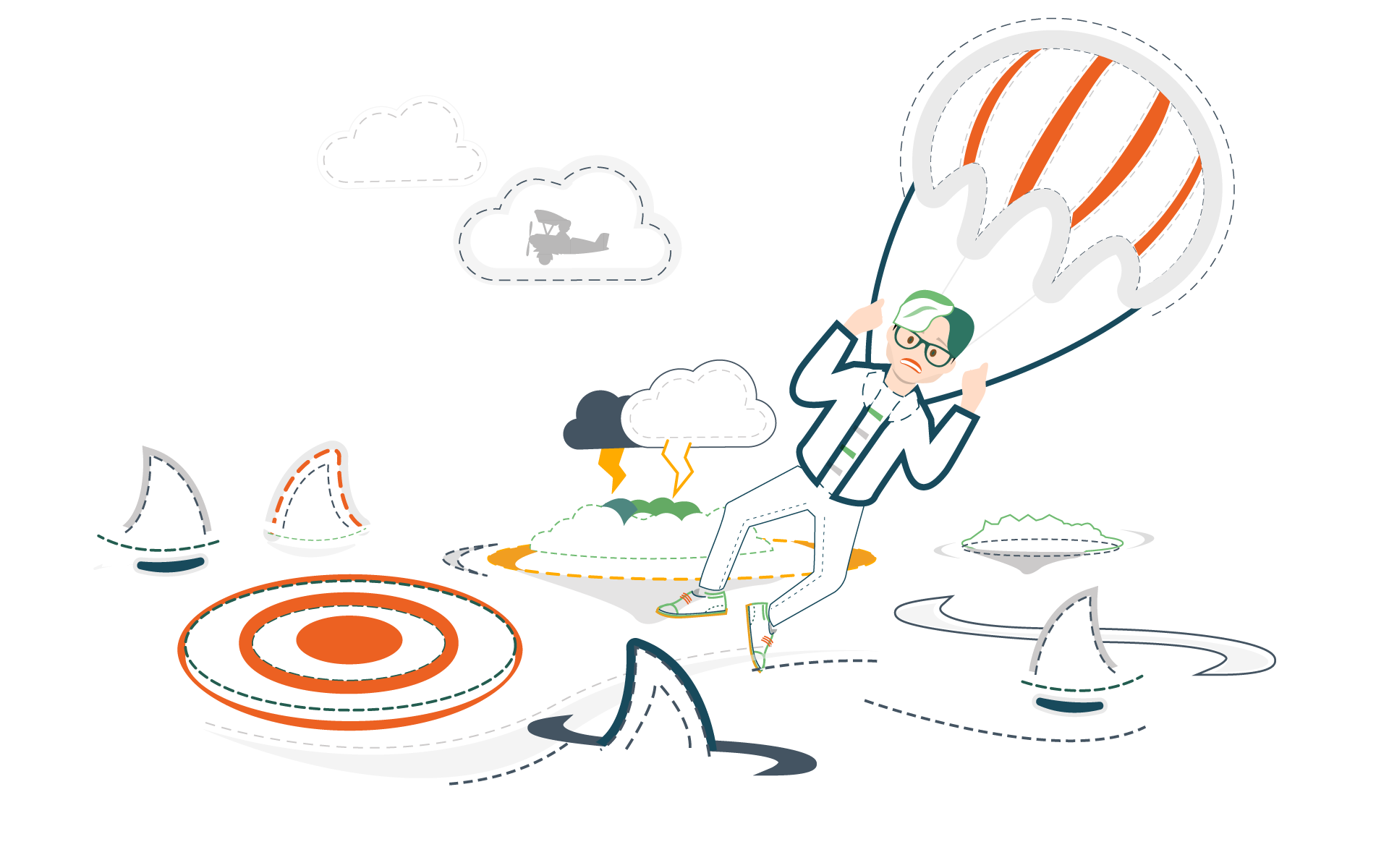What is imposter syndrome?
Could anyone in your company be suffering from imposter syndrome?
Imposter syndrome is when someone persistently feels they are a fraud. Sufferers believe they are not very good at what they do but they haven’t been found out as yet. They feel obliged to put effort into maintaining the illusion of competence. They’re convinced if other people knew the ‘truth’ of how inadequate they really were, those people would be disappointed and shocked.
In the sufferer’s view, sheer luck has handed them opportunities and enabled their successes; it’s never down to them, no matter what others might believe.
You may be surprised by how many people are estimated to be affected by it
Figures vary but research has suggested between 60 to 70% of people have imposter syndrome at some time in their life. A 2018 survey suggested 62% had experienced it at work in the space of a year and also indicated younger people might be particularly prone to it.
When imposter syndrome was initially identified back in the 1970s by psychologists Pauline Clance and Suzanne Imes, they believed it was a syndrome that exclusively affected women. This has since been shown to not be the case, it can affect anyone.
However, it does seem to be mainly women who struggle with it. Recent research from NatWest revealed 60% of women who’d considered starting a business chose not to. They didn’t have the confidence. They didn’t think they could do it. Despite all the skills they had, they didn’t view themselves as worthy of success.
Author of “Ditching Imposter Syndrome” Clare Josa points to the tendency women often have of allowing self-doubt to affect them more – and suggests that might be contributing to issues such as the gender pay gap.
Even entrepreneurs struggle with imposter syndrome. In fact, they make up a group that’s particularly prone to it with Josa’s ongoing research indicating it’s due to the need to step out of their comfort zone and be personally accountable.
Why is it a problem for organizations?
When the negative thought patterns associated with imposter syndrome take hold they have the potential to cause some serious problems and have a crippling effect on individuals. If that’s happening for even a small percentage of the workforce that’s a worry; if it’s happening across the estimated 60-70% of the workforce then research indicates that has the potential for some serious implications.
It could lie behind retention issues, with talented employees failing to understand how much they contribute. It could affect innovation, with people not feeling able to step outside comfort zones and take risks. Sufferers could procrastinate, believing they are not good enough to make decisions or take action, and that could affect productivity.
Are companies aware that imposter syndrome could be an issue?
In patches, yes. As mentioned above, companies like NatWest have been conducting their own research and becoming involved in raising awareness for the benefit not only of their employees but for customers too. The company has launched its #OwnYourImposter campaign to encourage people to become more comfortable sharing their experiences and talking about imposter syndrome.
But many businesses will not be aware of the problem. Even if they are, it’s not a simple issue to address. Yet potentially there are ways workplaces could contribute towards dismantling any negative perceptions employees hold of themselves.
For instance, by facilitating approaches for acknowledging the achievements of individuals, continually reinforcing their sense of self-worth and helping build a psychologically safe environment around them.
By not only celebrating the end result but also the journey taken to get there. By making it ok to fail sometimes because that’s how we learn. By putting the spotlight onto great workplace behaviors that might have no direct connection with performance and productivity but simply celebrate acts of kindness and helping others; sometimes people don’t realize that what they viewed as a simple gesture had a great impact and was deeply valued by someone else.
Any kind of action, really, that gently but persistently reinforces the message that the things people do are valued and that they are appreciated as much for their efforts as their results.


 Birthday recognition: The employer ROI
Birthday recognition: The employer ROI
 Values in action: How Questrade is building a culture of recognition and belonging
Values in action: How Questrade is building a culture of recognition and belonging
 30 ideas to help a new starter in their first week
30 ideas to help a new starter in their first week